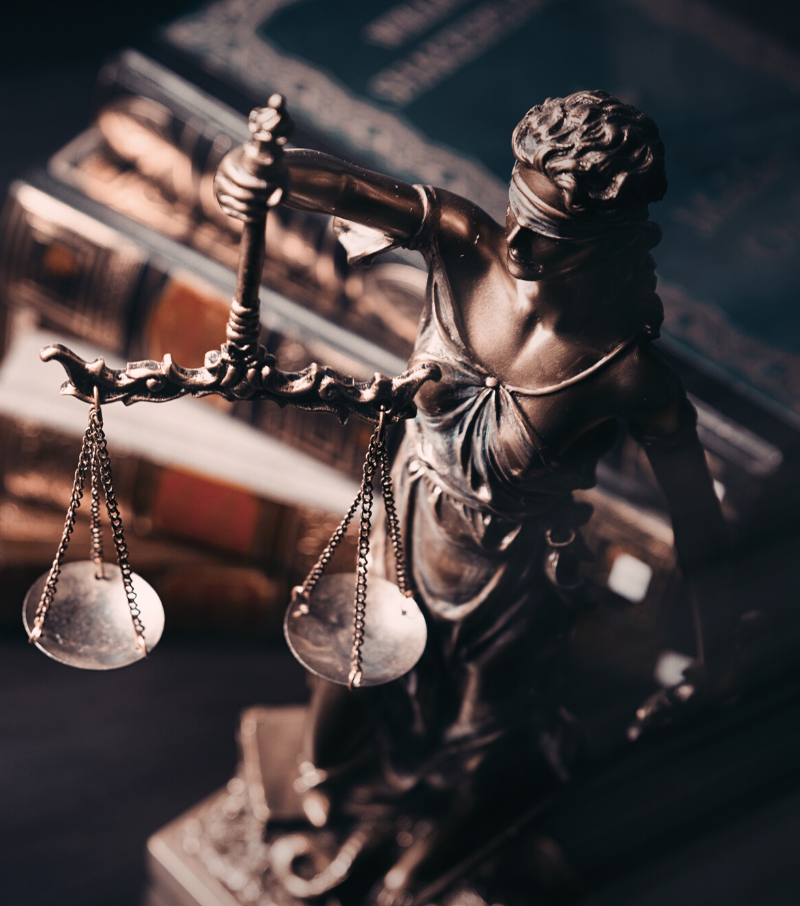News of the successful appeal by George Pell to the High Court of Australia and his release announced this morning has left many people with questions. Here are some answers to the common ones:
How can you appeal a matter to the High Court?
The High Court of Australia can hear any appeal but it is not required to. You may recall that High Court Judges sat in the not so distant past (although most events before January this year seem a life time ago) in respect of the dual citizenship issue plaguing a number of senior political figures. They were required to hear those matters as disputes arising from federal elections referred to them by Parliament must be heard by High Court Judges, however in those circumstances they are sitting as part of the Court of Disputed Returns, rather than the High Court.
It is at the discretion of the High Court whether they will hear any other matter and of the many cases put before it only 10% are allowed special leave to appeal before it.
Why does the High Court take some matters and not others?
Of importance to the High Court in consideration of this issue is whether the law in the area covered by the case is clear, or whether it is unsettled. Often this can be summarised as whether it is in the interests of justice that the High Court provide a ruling on a matter of law. Of relevance in this consideration will be whether they form an opinion that a lower Court has erred in its application of the law. It must then also be considered whether the case in question is “an appropriate vehicle” to answer the question.
What was the issue in Pell’s case?
The issue for determination is simply put, whether the decision made with Pell was a safe verdict. There was, on all reports, extensive evidence offered as to how the offending alleged to have taken place could not have occurred at the time and in the manner described. That said, the complainant witness was held by the State Courts and confirmed by the High Court to be a witness of truth. It is therefore understandably difficult for many people to accept the statement made by the High Court in handing down its decision that “The jury, acting rationally on the whole of the evidence, ought to have entertained a doubt as to the applicant’s guilt with respect to each of the offences for which he was convicted.”
It is important to note in considering the statements above and the outcome reached that the High Court is concerned to uphold the process by which guilt is determined in our legal system and preserve the case that convictions and the punishments that follow are reserved for those who are proven guilty beyond reasonable doubt.
If you or anyone you know requires assistance in the defence of a criminal charge or appeal against conviction please contact Kevin Dwyer, Head of our Criminal Law Team, on 9525 8688 or by email to kevin@wmdlaw.com.au






